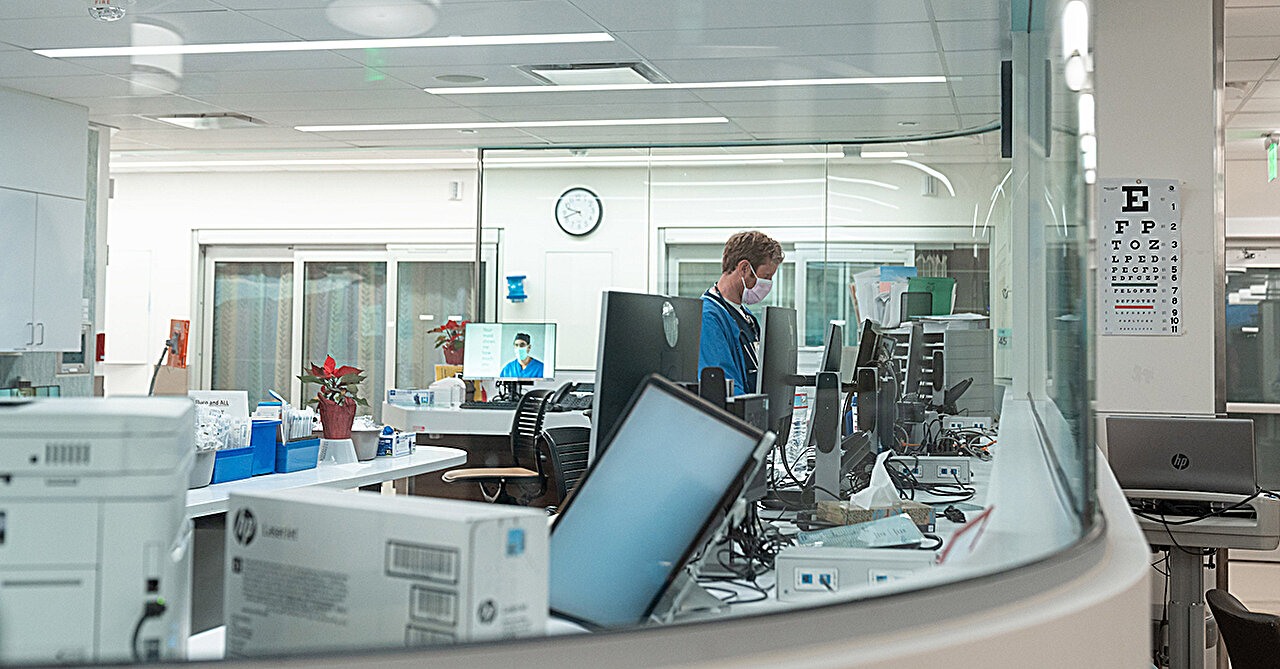In a recent study, researchers discovered that employing a distinctive AI algorithm within the emergency departments at UC San Diego Health enabled rapid prediction of sepsis infection in high-risk patients, resulting in a 17% decrease in mortality rates. This groundbreaking research was conducted at the University of California San Diego School of Medicine and published in npj Digital Medicine.
Sepsis, a severe blood infection that can trigger a life-threatening systemic response, affects at least 1.7 million adults annually in the United States, with approximately 350,000 fatalities attributed to this condition.
The AI model, known as COMPOSER and developed by the research team, leveraged real-time data to identify patients at risk of sepsis infection upon their arrival at the emergency department. By continuously monitoring over 150 patient variables—including lab results, vital signs, medications, demographics, and medical history—the algorithm could detect early signs of sepsis before they became clinically apparent.
Dr. Gabriel Wardi, the chief of the Division of Critical Care in the Department of Emergency Medicine at UC San Diego School of Medicine and a co-author of the study, highlighted the silent yet vigilant nature of the COMPOSER model, emphasizing its role in surveilling patients for potential sepsis indicators.
Upon detecting a high-risk profile for sepsis based on multiple variables, the AI algorithm would promptly alert the nursing staff through the hospital’s electronic health record system. Subsequently, the nursing team would collaborate with physicians to devise suitable treatment strategies for the identified patients.
Dr. Shamim Nemati, an associate professor of biomedical informatics and predictive analytics director at UC San Diego School of Medicine, underscored the AI’s ability to discern intricate risk patterns that may elude human observation, thereby facilitating highly accurate sepsis predictions.
The study, which assessed over 6,000 patient admissions pre and post COMPOSER implementation at UC San Diego Medical Center and Jacobs Medical Center, demonstrated a significant enhancement in patient outcomes. By utilizing AI deep-learning models, the healthcare team could swiftly and accurately address health concerns by leveraging artificial neural networks to identify and confirm complex risk factors.
Dr. Wardi acknowledged the pivotal role of the AI model in expediting life-saving interventions for patients, underscoring its impact on improving therapy timelines within the healthcare setting.
Since its activation in December 2022, COMPOSER has been operational across various in-patient units within UC San Diego Health, with plans for expansion to the institution’s new facility, UC San Diego Health East Campus. Moreover, a pilot program integrating Epic, a cloud-based electronic health record system, with Microsoft’s generative AI via ChatGPT has been initiated to streamline communication processes and enhance caregiver focus on patient care.
Dr. Christopher Longhurst, the executive director of the Jacobs Center for Health Innovation and chief medical officer at UC San Diego Health, commended the integration of AI technologies in electronic health records for advancing digital health initiatives and ensuring high-quality, safe patient care.
The study, authored by a team including Aaron Boussina, Theodore Chan, Allison Donahue, Robert El-Kareh, Atul Malhotra, Robert Owens, Kimberly Quintero, and Supreeth Shashikumar from UC San Diego, marks a significant milestone in leveraging AI for improved healthcare outcomes.
For more details, refer to the study “Impact of a deep learning sepsis prediction model on quality of care and survival” published in npj Digital Medicine (DOI: 10.1038/s41746-023-00986-6) by Aaron Boussina et al.
Source:
University of California – San Diego
Citation:
Study: AI surveillance tool successfully helps to predict sepsis, saves lives (2024, January 23)
retrieved 23 January 2024
from https://medicalxpress.com/news/2024-01-ai-surveillance-tool-successfully-sepsis.html










